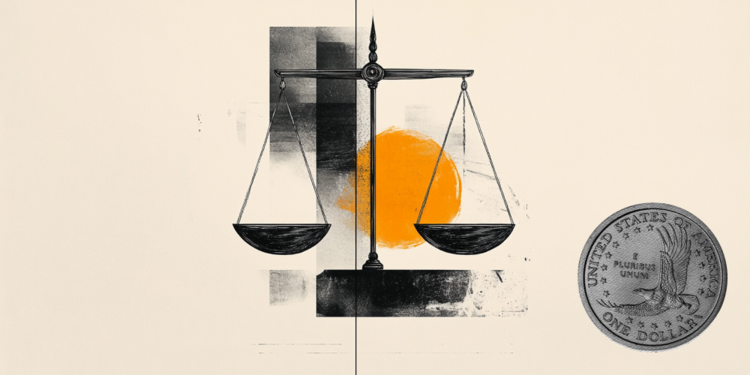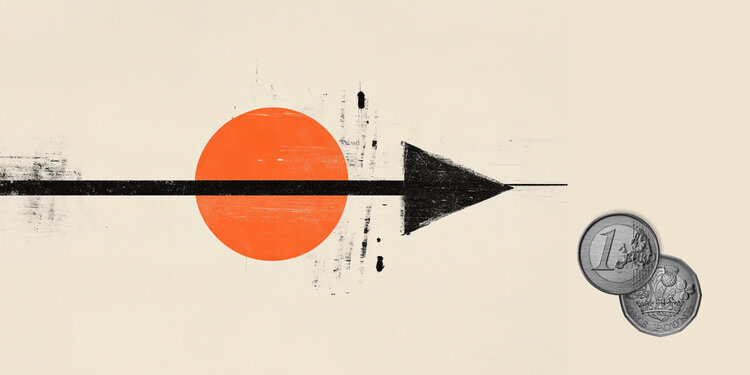Speaking at a press conference, the governor of the Central Bank of Taiwan, Yang Chin-Long, clarified that “USA. He did not ask that Taiwan’s dollar (TWD) be appreciated.”
Additional quotes
- Make market commentators not speculate on the topic of TWD.
- Understand companies not to listen to false analysis, have unreasonable expectations and sell their positions in US dollars.
- Taiwan does not manipulate the exchange rate.
- Taiwan’s commercial surplus with the US.
- The volatility of the Taiwan dollar against the US dollar has expanded, since foreign funds flows towards Taiwan shares and the expectations of companies about the appreciation of the TWD.
- I would like to emphasize that the Central Bank did not attend the conversations about tariffs between the US and Taiwan, which means there was no discussion about the exchange rate.
- We, as a central bank, would not manipulate the currency exchange rate.
- We will do our best to maintain market stability.
- We hope the market is calmed down.
- Personally I think that Taiwan’s dollar is fluctuating in excess, it is not good.
- The expectations of strong appreciation are great, we have intervened properly.
- The currency market has been abnormal in recent days.
- We hope you finish here (talking about the recent abnormal activity of the exchange rate).
- We are observing the flows of funds very closely.
- We have found that some are trying to speculate in the currency market.
- Small and medium exporters joined large exporters in the sale of their positions in US dollars today.
The head of the Central Bank made conciliatory comments after the Taiwan dollar (TWD) shoots up to 6% against the US dollar (USD) on Monday, the greatest intradic gain in more than three decades, in speculation that the Asian economy plans to revalue its currency to protect against US tariffs. UU.
FAQS tariffs
Although tariffs and taxes generate government income to finance public goods and services, they have several distinctions. Tariffs are paid in advance in the entrance port, while taxes are paid at the time of purchase. Taxes are imposed on individual taxpayers and companies, while tariffs are paid by importers.
There are two schools of thought among economists regarding the use of tariffs. While some argue that tariffs are necessary to protect national industries and address commercial imbalances, others see them as a harmful tool that could potentially increase long -term prices and bring to a harmful commercial war by promoting reciprocal tariffs.
During the election campaign for the presidential elections of November 2024, Donald Trump made it clear that he intends to use tariffs to support the US economy. In 2024, Mexico, China and Canada represented 42% of the total US imports in this period, Mexico stood out as the main exporter with 466.6 billion dollars, according to the US Census Office, therefore, Trump wants to focus on these three nations by imposing tariffs. It also plans to use the income generated through tariffs to reduce personal income taxes.
Source: Fx Street
I am Joshua Winder, a senior-level journalist and editor at World Stock Market. I specialize in covering news related to the stock market and economic trends. With more than 8 years of experience in this field, I have become an expert in financial reporting.







